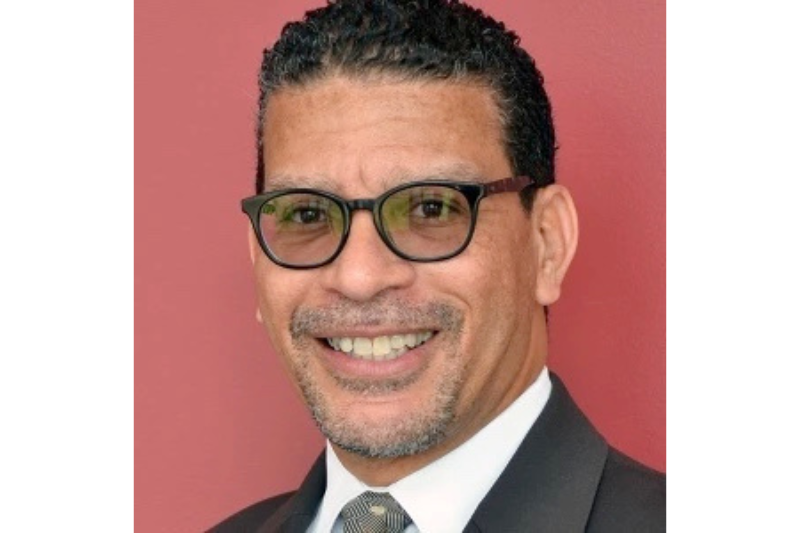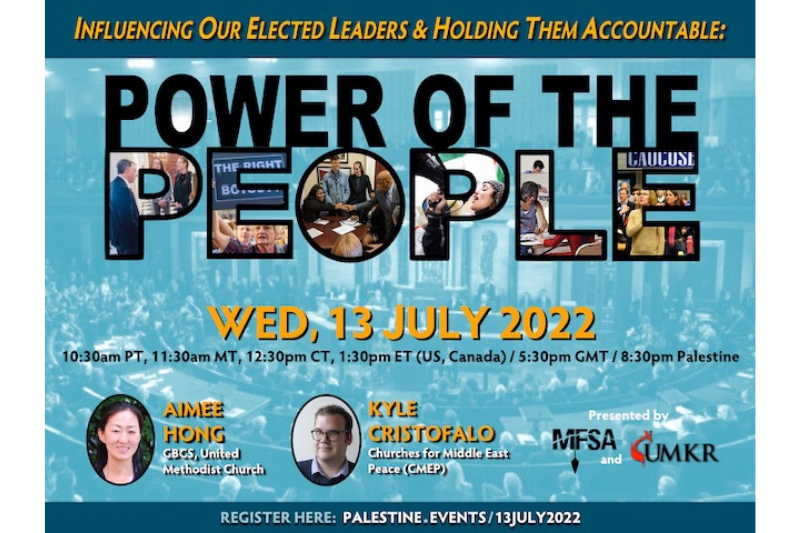Reproductive Justice
We support the right of a woman to choose whether to carry her pregnancy to term, keep her child, give her child up for adoption, or terminate her pregnancy. We are not proabortion; we are pro-choice.
We affirm the goodness of God’s creation and the sacredness of all creation. We are cocreators, with God, of life and believe it is our responsibility to care for our environment and all forms of life sharing our environment. We believe we are called to struggle for the fulfillment of God’s vision of justice and peace for creation and for all of God’s children.
Therefore, we do not take the question of abortion lightly. We long for a world where abortion is unknown. We envision a world where every child is a wanted child; where family planning and birth control are readily available to and practiced by all the peoples of the world; where adequate nutrition, medical, spiritual, emotional and psychological care is available to all; where meaningful employment and the means to support oneself and one’s family is universal; and where adequate prenatal, perinatal, maternal, and child care is available to all. We also recognize that in an imperfect world these goals will never be fulfilled equitably for all people.
Because we regard all life as sacred, we regard the life and well being of the mother to be just as valuable as the potential life of the fetus. We recognize that there are many situations in which more than one of our most deeply held religious and moral values about the sacredness of life will come into conflict with each other. And we recognize that only the individuals most intimately involved in a crisis pregnancy can adequately weigh the factors and values in conflict and come to a decision about the most appropriate course of action.
In view of this, we support the right of a woman to choose whether to carry her pregnancy to term, keep her child, give her child up for adoption, or terminate her pregnancy. We are not proabortion; we are pro-choice.
The right to reproductive freedom is an issue of religious liberty. Different religious traditions hold widely differing positions on issues related to birth control, pregnancy, abortion, and other issues of reproductive freedom. Because we are guaranteed religious freedom in our constitution, we believe that reproductive issues must remain free from government interference. We believe that for secular authority to codify any particular religious tradition or position into law is a violation of the religious liberty of all religious traditions whose teachings differ from that law.
Access to safe and legal women's health services are being severely eroded by decreases in funding for human services. Lobbying by groups committed to overturning the 1973 Roe v. Wade decision by the U.S. Supreme Court is resulting in many publicly financed programs being unable (because of budget cutbacks or gag rules) to provide a full range of family planning programs. This has a disproportionately tragic effect on poor women and women of color. Those with the financial means will always find a way to terminate an unwanted or dangerous pregnancy. Women without these means are deprived of the right to adequate medical care and the right to make decisions about their own futures, families, and bodies. With our historic emphasis on economic justice for all people, we find any legislative restrictions on full health care for all women, including access to safe and legal abortions, unacceptable.
Therefore, we, the Methodist Federation for Social Action:
a) affirm the sacredness of all creation, including the sanctity of human life, and
b) believe that when and whether to bear a child is a woman’s private decision, and
c) claim the right for women and men, regardless of economic condition, to have full access to adequately funded family planning services and to safe and legal abortion as an option, and
d) support the 1973 Roe v. Wade decision of the U.S. Supreme Court legalizing abortion, and
e) actively oppose all legislation, administrative action or regulations by any government entity that would deny women access to safe and legal abortion, and
f) actively oppose any attempt, legislative or otherwise, to reduce the availability of safe and legal abortions for poor women, including reduction of Medicaid, family services, or other current social services, and
g) affirm the need for adequately funded health and day care services for those women who choose to raise children.









